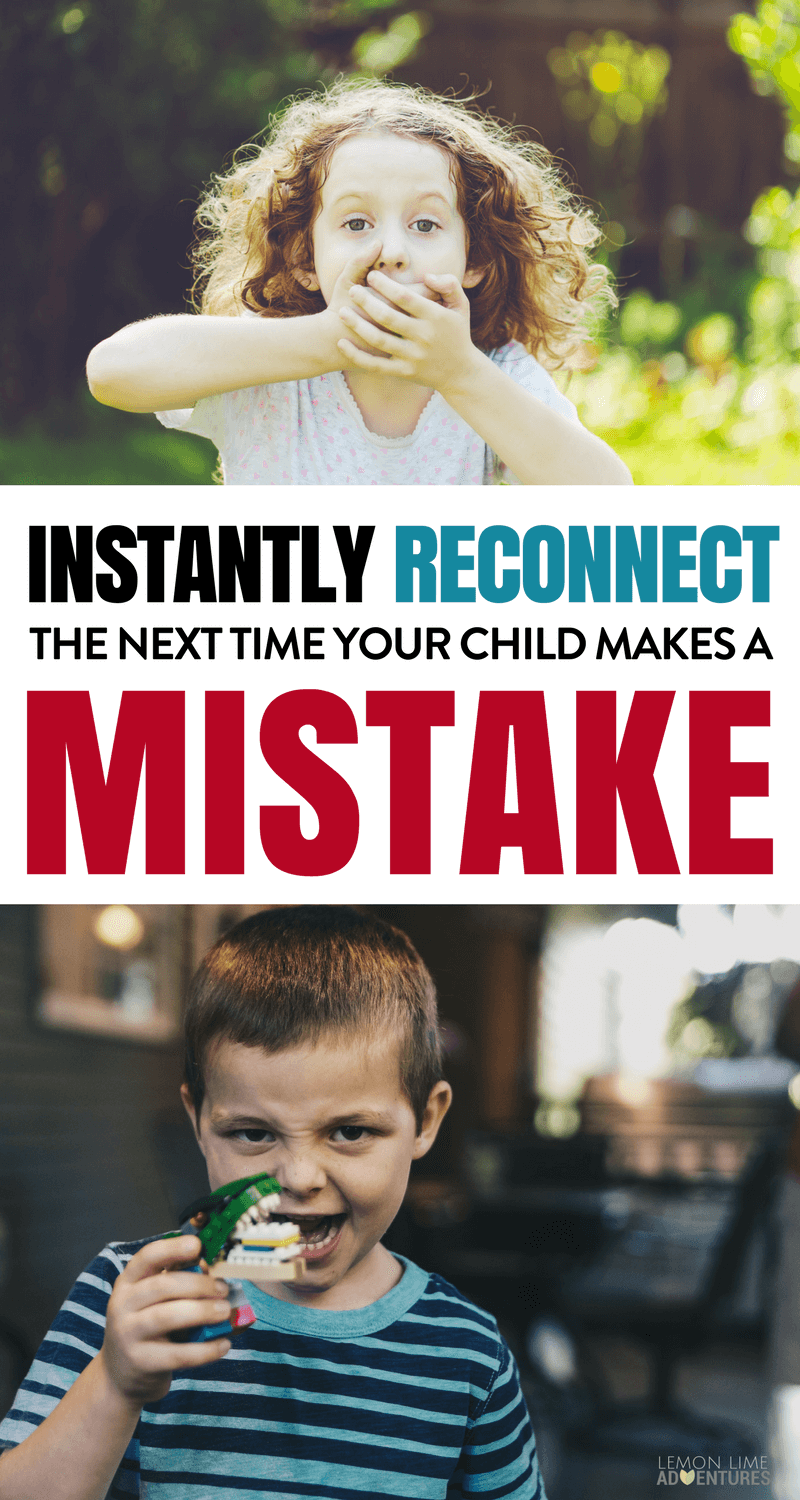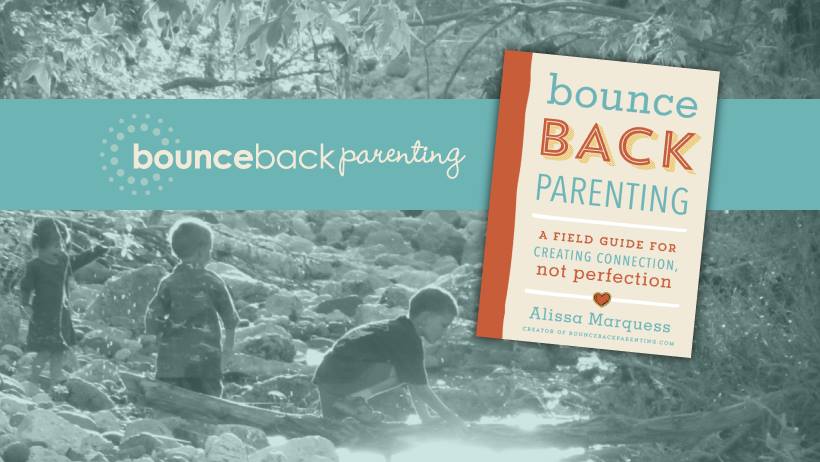In our house, we are slightly obsessed with fidgets. So much so that we run a small online fidget store out of our basement. A few months ago we were running inventory on our coveted fidget cubes. But something seemed off. The boxes seemed lighter than normal.
As we peeked inside box #1, we saw a big empty hole where the blue camo cube was supposed to be. Hmm. We must of misplaced this one. Our mistake.
Box #2. Same black hole. Hmmm. That’s weird. Still, maybe this was our mistake.
Box #3, 4, 5, 6……22, 23 ALL EMPTY. Something was definitely not right.
We instantly knew where they had magically disappeared to. You see our middle son LOVES fidgets. And even more than he loves fidgets, he loves making people happy. After a very quick email to his teacher, it was confirmed that our hunch was right. Our son had grown sticky fingers and had taken the fidgets to school and was handing them out to his classmates ONE… AT… A… TIME.
Now our natural instinct was to be FURIOUS. Not only had he betrayed our trust, but he had taken from our family business. The very business that puts food on the table and pays for his toys and belongings. But instead, we did something very different…

* This post may contain affiliate links for your convenience. Click here for my full disclosure.
You see, in our house, we believe in making mistakes to learn a better way. Instead of laying down an iron fist, we waited until he came home and connected with him about the mysteriously missing cubes.
I know this is counter-intuitive and goes against what many of us experienced as a child. But by getting down on his level and working through the mistake with him, we were able to create a safe place for him to be open and honest and truly learn from the mistakes he had made. After telling this story to my good friend Alissa, author of Bounceback Parenting: A Field Guide for Creating Connection, Not Perfection, she has agreed to share an excerpt from her new book that is a brilliant plan for when our children make mistakes. Take it away Alissa…
Mission: Plan for Mistakes
Mistakes become less threatening as you experience being able to learn from mistakes and make new choices for the future. You’ll also discover you can guide your children in becoming better at assessing risks and learning from their own mistakes. It all starts with a simple plan.
Our Opportunity to Get Creative
When I was twelve, I went to my mom frustrated and near tears. My drawing wasn’t turning out how I wanted and I felt like ripping it to pieces. “Well, Liss,” she said, smiling, “this is our opportunity to really get creative!” Her attitude was so positive, so assured that now we could simply rework whatever I was drawing.
We played out this scenario over and over again. Her enthusiasm for creatively managing mistakes gave us kids permission to experiment, to try new things and to risk failing. When it came to art, she showed us that we could look at mistakes not as a roadblock but as an exciting challenge that might even make our art better than we expected. She says, “When you make a mistake, first you say, ‘Oh no!’ Then you say, ‘Now what?’ And finally, ‘What if . . . ?’”
Not all mistakes are so simple to grow from, but my mom’s positive handling of mistakes gave my siblings and me a helpful lens to look at mistakes through. When I began to apply this thinking to more of my life, I realized mistakes are inevitable. It’s easier and more satisfying to spend my energy learning from mistakes rather than trying to avoid making them in the first place.
Parenting with a growth mindset means you see mistakes as opportunities to learn. This is easier if we have a plan for mistakes—our own and our kids’.
How to Instantly Reconnect After Your Child Makes a Mistake
Plan for mistakes by deciding what you will do to learn from them.
Ask these questions after a mistake:
- What happened? Try to be as nonjudgmental as possible. “Just the facts,” so you can understand better why things happened the way they did. This is not a time for criticism and blame.
- Why do you think it happened? Again, try to stick with a non-shaming assessment of why things went wrong. The point is to be able to learn from this, not to punish someone.
- What will you do in the future? What did you learn from this setback? This is where the reflection and learning come together. Visualize how you can apply this lesson to your life in the future. If you are asking these questions with your child, let them come up with what they’ll do in the future. It may take practice to be able to answer this question, for kids and for adults, but the more we practice, the better we get at being able to learn from mistakes and see the way forward.
Your Assignment: Find a Great Mistake.
Next time your child messes up, can you take the opportunity to guide them through learning from that mistake?
Alissa Marquess is a mom to three, the founder of Bounceback Parenting and the author of Bounceback Parenting: A Field Guide for Creating Connection, Not Perfection. She helps parents build loving, resilient relationships with their kids without the guilt. Online and in popular coaching sessions, she’s been inspiring millions of parents around the world since 2010.![]()





